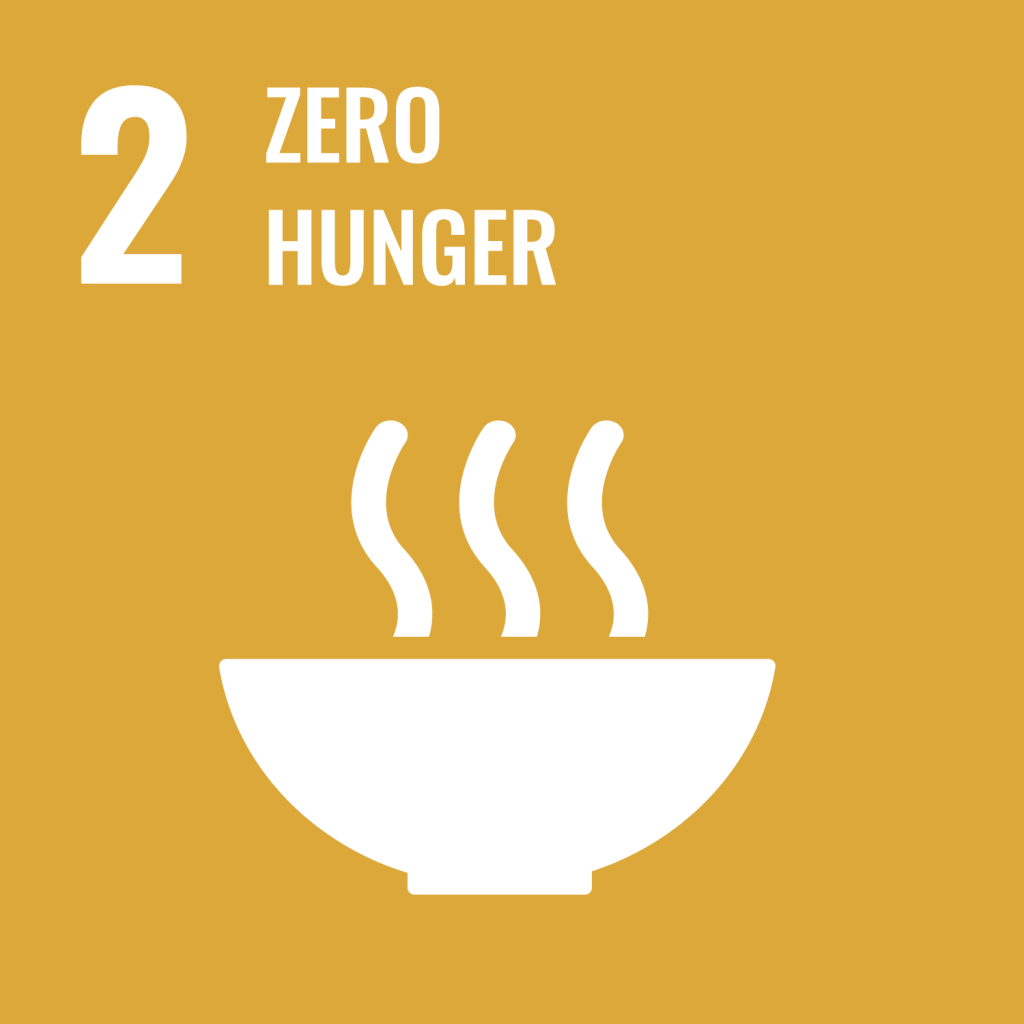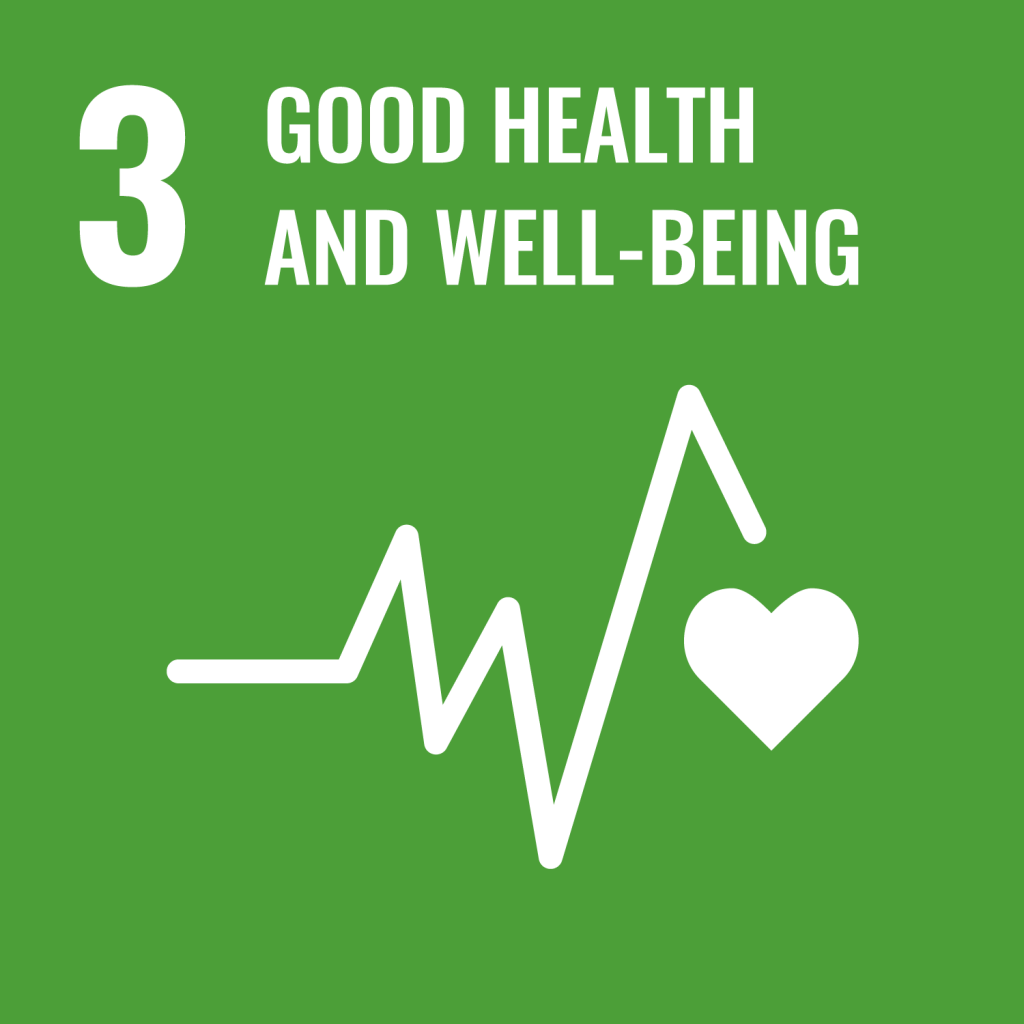Bonito Tianguis
Micro (1-9)
Service
Wholesale Trade
Background
El Bonito Tianguis is a market for producers and local food products that began operations in 2011 with a process of curing products and producers. This curing process continues today in Tianguis’s modern practices. Tianguis organizes sales events with an average of 20 to 40 producers from different regions of the country per event (with an average event duration of 3 to 5 days). The events are thematic, and focus on direct sales by the producer. Since 2019, they have a fixed location where a selection of bulk products from the same producers are sold. Further, its founder has accomplished notable impact with his communication work, from representing commercial brands to being offered talks on sustainable trade.




Sustainability Story
The origin of Tianguis stems from its founder’s goal of strengthening sales opportunities for producers in the agro-productive areas that surround Mexico City, areas in which poverty and violence rates have been high in the last decade. As such, the primary goal was to offer more and better sales opportunities for agricultural products.
Bonito Tianguis Practices
| Solidarity economy community with local producers | Fair and sustainable work agreements | Packaging waste reduction |
|---|---|---|
Pathway Map
Packaging Waste Reduction
View the Pathway MapSolidary Economy with Local Producers
View the Pathway MapEnabling Factors for Practices
| Internal to the organisation | External to the organisation |
|---|---|
| Approach to local producers and their commitment. | Invitation to be an ambassador for the social enterprise Ecosia, dedicated to the recovery of the Tarango forest northeast of Mexico City. |
| Community vision among local producers, who recognize the value of processes and products of other producers, and recommend them. | Attracting consumers committed to the company's vision. |
Arresting Factors for Practices
| Internal elements | External elements |
|---|---|
| Mass culture of production and consumption with single-use packaging. | |
| Mass culture of abusive work agreements. | |
| Response policies to the COVID-19 pandemic that limited public and private events during different periods and forms. |
